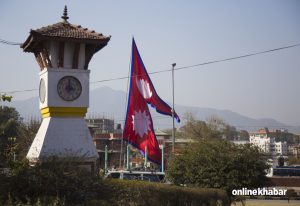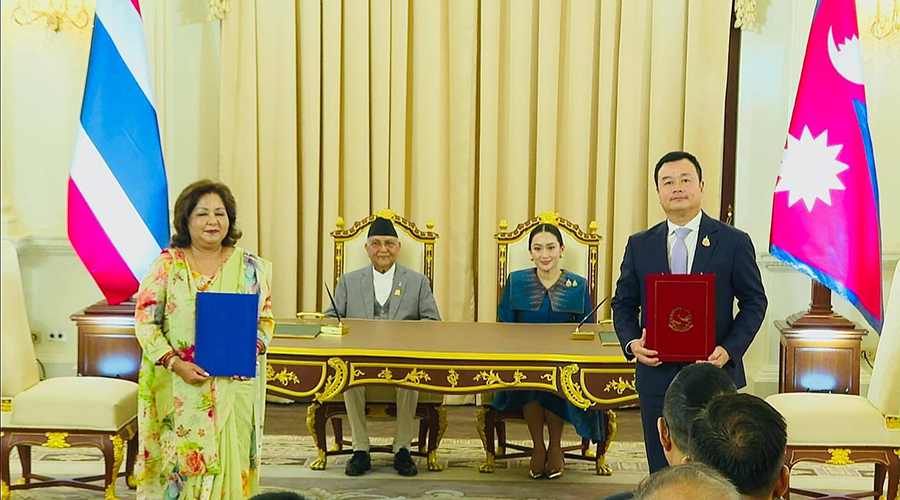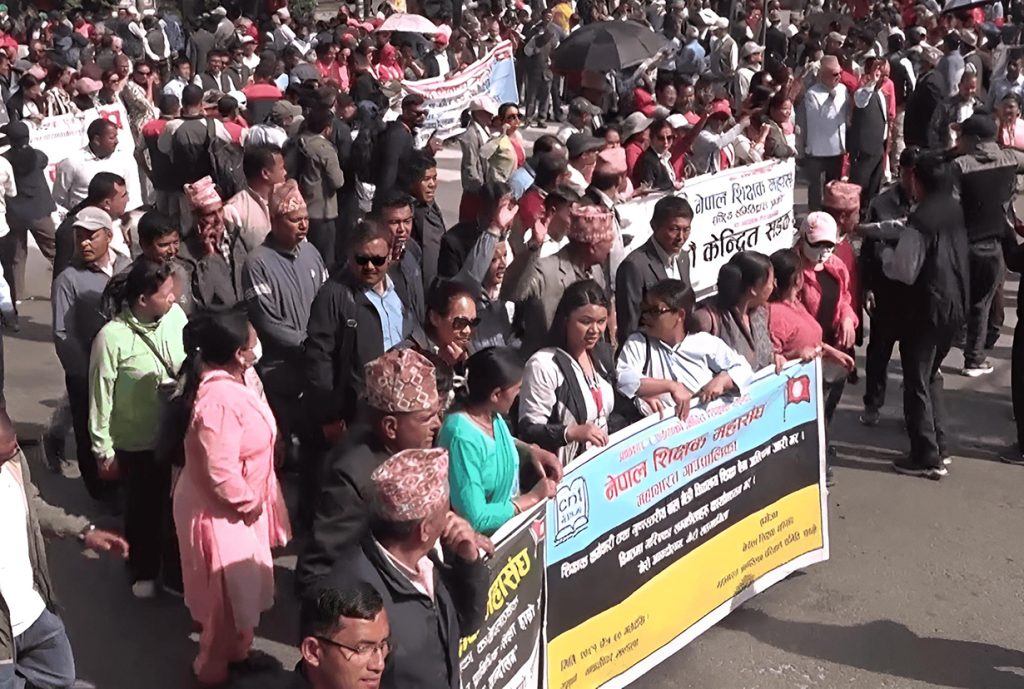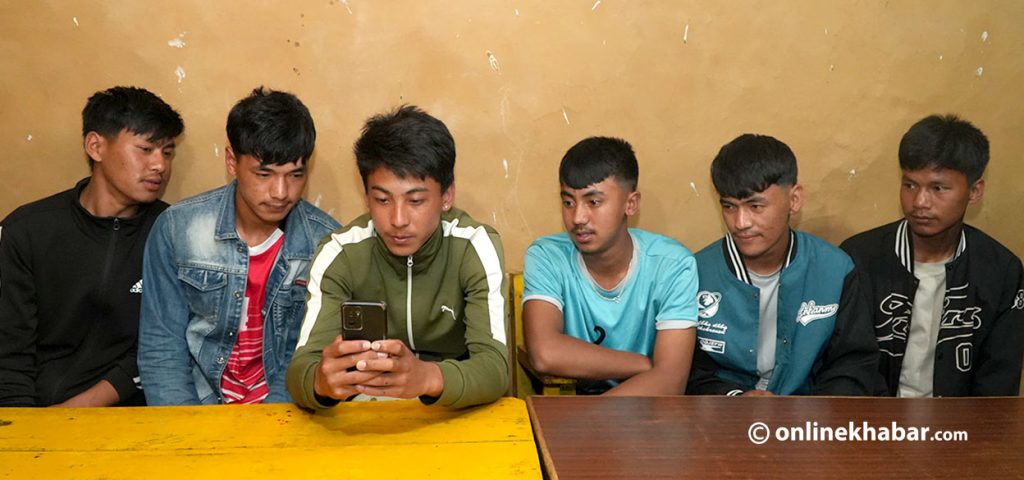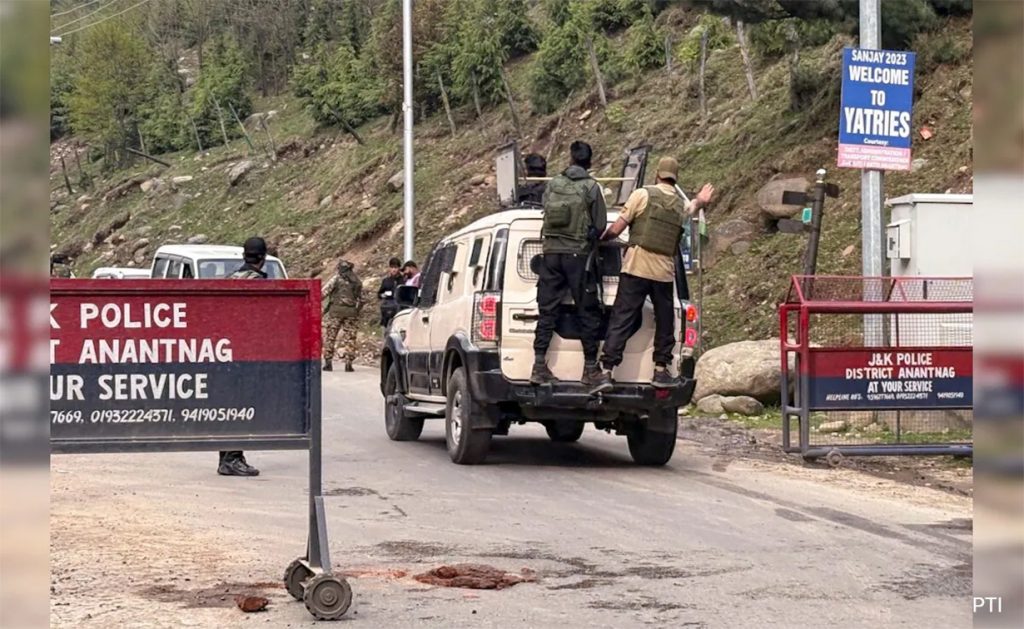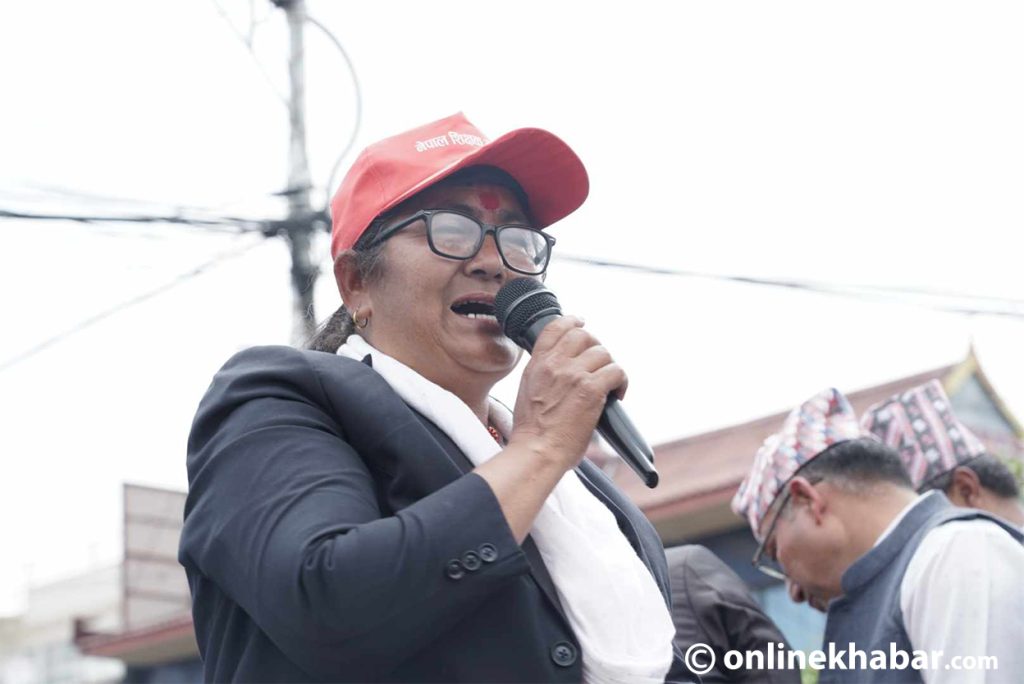
Kathmandu, November 16
The President’s Office says President Bidya Devi Bhandari refused to enact the controversial citizenship bill in September as the bill was against the nation, and as the head of the state, she had a veto to protect the national interests.
Onlinekhabar has obtained a copy of the response the president’s Office submitted to the Supreme Court via the Office of the Attorney General in response to a show-cause notice issued by the court.
The letter claims the head of the state has a veto to refuse any bill not only in countries with an executive president such as the United States but also in countries with constitutional presidents such as India. Nonetheless, the letter maintains Nepal’s constitution is not clear about it.
—
The second amendment to the Citizenship Act was aimed at addressing concerns of the Madhesh-centric parties and the Non-resident Nepali Association. However, it was drawn into controversy citing the citizenship bill did not bar foreign women marrying Nepali men from getting citizenship easily.
Self-claimed nationalist activists have expressed concerns that loose citizenship provisions in Nepal could give the dominating India to gradually push its citizens to Nepal and perpetuate its control over the small county.
Consequently, President Bidya Devi Bhandari returned the citizenship bill to the parliament, suggesting a reconsideration, bringing herself into a conflict with the executive.
Both houses, however, approved the bill as it was and sent it to the president.
Endorsing the bill to amend the Citizenship Act through both houses of the federal parliament, Speaker Agni Prasad Sapkota sent the bill to the head of the state seeking its final assent on September 5.
As per the constitution, the head of the state was required to approve the citizenship bill sent to her for the second time within 15 days of her office receiving it. However, she did not do so by September 20.
Consequently, a case was filed at the Supreme Court, in response to which a show-cause order was issued.






